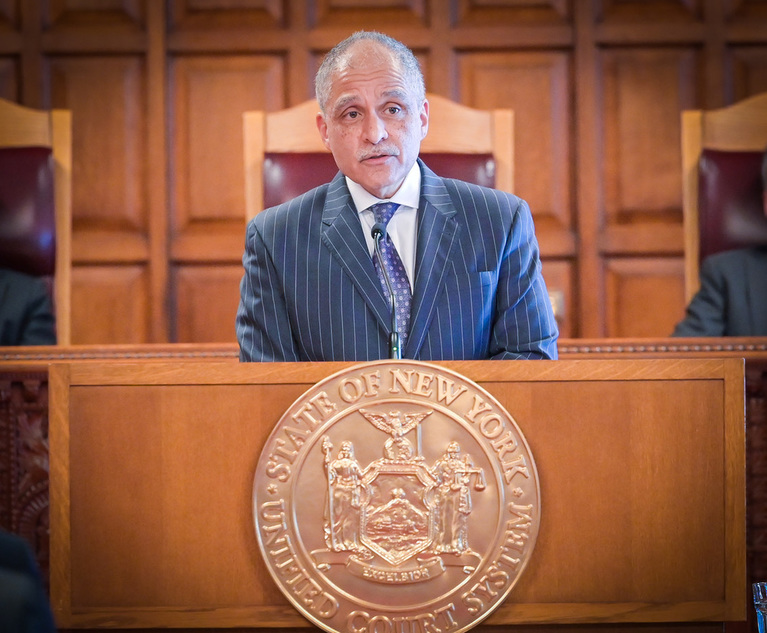For a time this spring and early summer, the COVID-19 pandemic brought New York’s court system to a complete standstill. Perhaps hardest hit were the housing and commercial landlord-tenant parts of the New York City Civil Court (collectively, the “L&T Court”). While the New York State Supreme Court has regained some measure of functionality and new cases may be filed and move forward, the L&T Court remains mired in almost total paralysis. Although new summary proceedings may now be commenced, they are being adjourned until further notice. Cases filed before the pandemic many months ago, or longer, largely remain at a standstill; the latest guidance is that trials scheduled before the pandemic will begin to move forward in the coming weeks, but only where both sides are represented by counsel.
Proceedings in the L&T Court are conducted pursuant to Article 7 of the Real Property Actions and Proceedings Law (RPAPL). Given the situation as just described, it should be remembered that Article 7 of the RPAPL was enacted “to provide for expeditious and fair procedures for the determination of disputes involving the possession of real property” (159 MP Corp. v. Redbridge Bedford, LLC, 33 NY3d 353, 364 [2019], rearg denied, 33 NY3d 1136 (2019) (emphasis supplied, citations omitted). The current logjam in already-pending proceedings and the inability to move forward with new proceedings is the antithesis of “expeditious and fair” for L&T Court litigants.


 Warren Estis, left, and Alexander Lycoyannis. Courtesy photos
Warren Estis, left, and Alexander Lycoyannis. Courtesy photos




